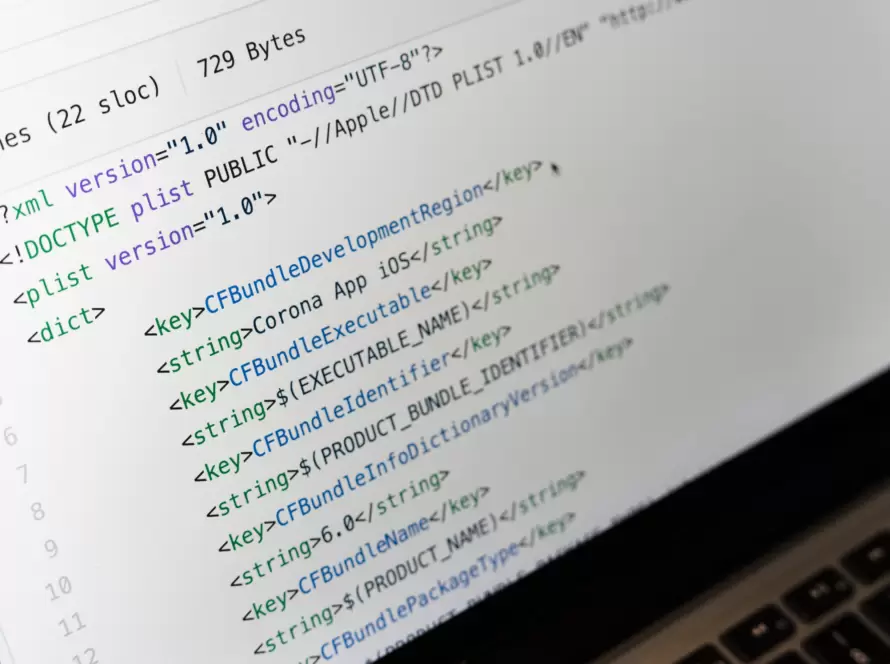Generated by Contentify AI
- Introduction
- Understanding Object-Oriented Programming
- Classes and Objects in PHP
- Inheritance and Polymorphism
- Encapsulation and Abstraction
- Conclusion

Introduction
Object-Oriented Programming (OOP) is a crucial concept for developers looking to create robust and scalable applications. Implementing OOP Concepts in PHP allows for the organization of code into classes and objects, promoting code reusability and easier maintenance. By understanding the principles of OOP, developers can efficiently structure their code, implement inheritance and polymorphism, and utilize encapsulation and abstraction for more secure and modular applications. Let’s delve deeper into how PHP enables the implementation of these OOP concepts.
Understanding Object-Oriented Programming
Object-Oriented Programming (OOP) is a fundamental programming paradigm that allows developers to create organized and reusable code. In PHP, OOP is implemented through classes and objects. A class serves as a blueprint for creating objects, defining their properties and methods. Objects, on the other hand, are instances of classes that encapsulate data and behavior. By leveraging classes and objects in PHP, developers can efficiently structure their code, promoting modularity and code reuse. Understanding the principles of OOP in PHP is essential for building scalable and maintainable applications.
Classes and Objects in PHP
In PHP, classes serve as blueprints for creating objects, defining their properties and methods. Objects, in turn, are instances of these classes that encapsulate data and behavior. By effectively utilizing classes and objects, developers can organize their code in a structured and reusable manner. This approach promotes modularity and code reusability, making it easier to maintain and scale applications. Implementing object-oriented programming concepts in PHP enables developers to create robust and efficient codebases that are easier to manage and extend.
Inheritance and Polymorphism
In PHP, the concept of inheritance allows for the creation of new classes based on existing ones, promoting code reuse and extensibility. By utilizing inheritance, developers can establish a hierarchical relationship between classes, where child classes inherit properties and methods from parent classes. This enables the efficient implementation of common functionalities across multiple classes, reducing code duplication and enhancing maintainability. Polymorphism, another key OOP concept in PHP, allows objects of different classes to be treated as instances of a common parent class. This flexibility enables developers to write more generic and adaptable code, improving the overall design and functionality of their applications. By effectively implementing inheritance and polymorphism in PHP, developers can create more modular, extensible, and maintainable codebases that are better equipped to handle complexity and change over time.
Encapsulation and Abstraction
Encapsulation and Abstraction play a pivotal role in Object-Oriented Programming (OOP) in PHP. Encapsulation involves bundling the data (properties) and methods (functions) that operate on the data within a class, thus restricting access to them from outside the class. This concept enhances data security and prevents unintended modifications. Abstraction, on the other hand, allows developers to hide complex implementation details behind simplified interfaces. By abstracting away unnecessary complexities, developers can focus on essential functionalities, leading to cleaner and more maintainable code. In PHP, encapsulation and abstraction are essential techniques for building scalable and secure applications that adhere to OOP principles.
Conclusion
In conclusion, mastering the implementation of Object-Oriented Programming principles in PHP is crucial for developers aiming to build robust and maintainable applications. By understanding and applying concepts such as classes and objects, inheritance and polymorphism, as well as encapsulation and abstraction, developers can create codebases that are organized, reusable, and scalable. Embracing these OOP concepts in PHP not only enhances code structure and modularity but also simplifies maintenance and promotes code reusability. Overall, incorporating OOP principles in PHP empowers developers to craft efficient and adaptable solutions that can evolve with changing requirements and complexities in the long run.






